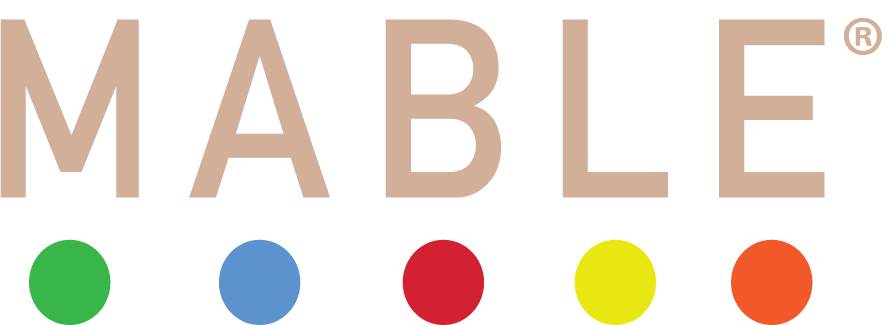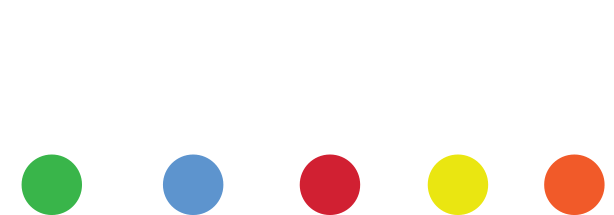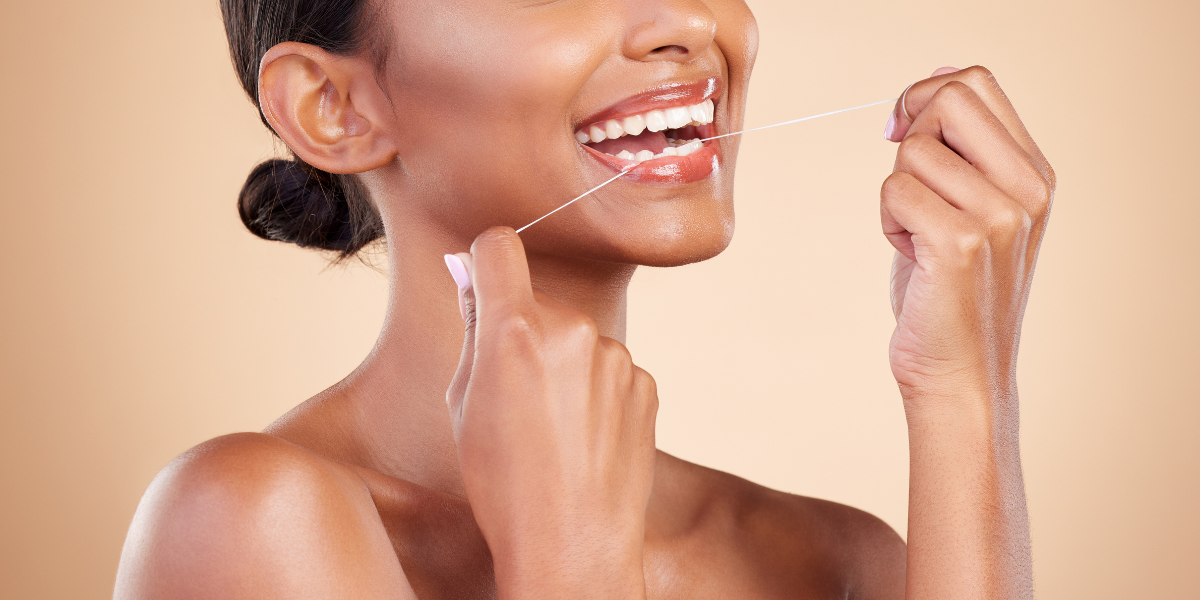With a new year upon us, many of us feel compelled to take a good hard look at how we're living our lives.
As a result, we remind ourselves of the values that are most important to us. And quite often, we end up resolving to make a few lifestyle tweaks.
For us at MABLE, one such lifestyle caught our attention last year.
 It’s the movement of “minimalism”; the idea of living with less stuff, and creating more space physically, mentally, and emotionally for fuller, happier lives.
It’s the movement of “minimalism”; the idea of living with less stuff, and creating more space physically, mentally, and emotionally for fuller, happier lives.
And the promise of less stress and more joy is a hard one to ignore.
Gilmar, one of our founders, applies the minimalist principles to his own life. When he first discovered it, he realized how many parallels exist between MABLE’s core values and those of the minimalist movement, especially with sustainability.
“I began drawing parallels between minimalism and the positive effect it has on the environment,” Gilmar said. “The less you have and consume, the better for the environment. For me, making this connection made the case much stronger. Minimalism is a great way to achieve happiness without material goods, which results in less waste and less harm on our planet."
Two well-known champions of minimalism recently released a documentary, aptly named “The Minimalists”. After watching it, we reached out to their teammate Jess Williams, (Social Media Manager), to go a little deeper.
Like Gilmar said, the sustainability link is the most obvious: having less stuff means leaving less of a footprint and contributing less waste. And as Jess points out, it also forces us to pay close attention to the things we are keeping around.

Can less be more? Image by Paloma Parrot
“[Minimalism] reacquaints consumers with the idea of having enough to live a good life simply; something that our grandparents are experts at. Bringing a minimal amount of things into our homes gives us the opportunity to analyze what we do choose to purchase, both ethically and sustainably.”
While the minimalist way of life starts with a personal transformation, it’s one that’s easily shared.
Jess says it can rub off on others indirectly, and with pleasantly surprising side effects.
“Community-level minimalism happens by engaging in the sharing economy—borrowing what you don't need to purchase from friends and neighbors. It brings people together.”
But like all other great ideas, there’s always a bit of a downside. With minimalism, it means parting with possessions that we're attached to. We asked Jess how this affects the quest for convenience.
“Minimalism can be inconvenient at times, yes,” she said. “But at the same time, looking after everything I used to own was far more more inconvenient. But, I don't think convenience is what we should be striving for. Meaning, purpose, and responsibility are far more valuable.”
And we couldn’t agree more.

So the MABLE team is committed to striving for exactly that: meaning, purpose, and responsibility, in both our personal lives and in service to you, our customers.
We’d love to hear your take on minimalism, or other ways you make more room for happiness, and less room for stress. Let us know!
Cover Image by Valentina Loffredo, Landscape image by Benjamin Everett



 It’s the movement of “minimalism”; the idea of living with less
It’s the movement of “minimalism”; the idea of living with less 


Share:
7 Things Eco-conscious Hikers Always Do
What we can learn from our ancestors about eating “green”.